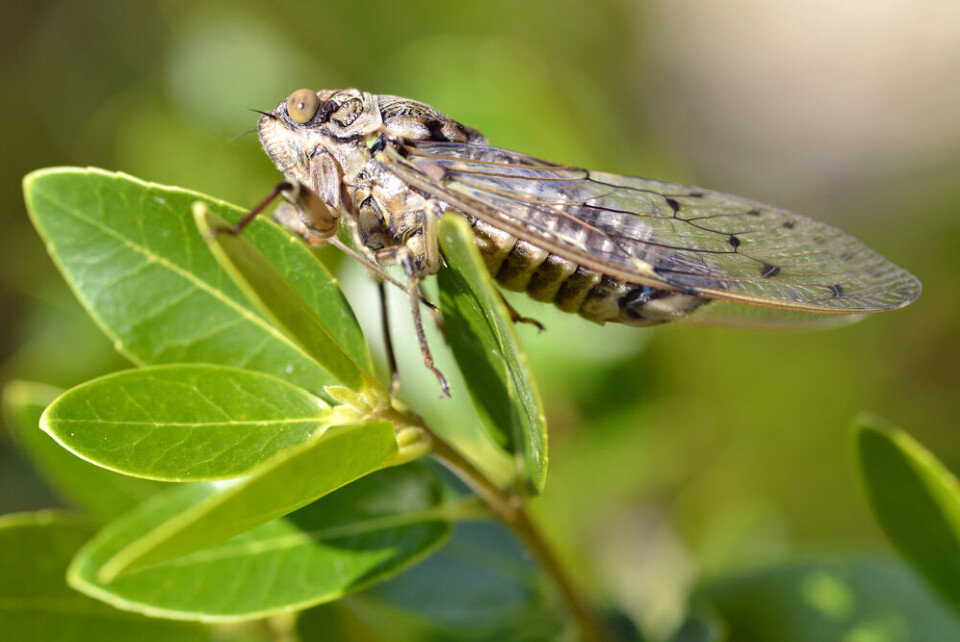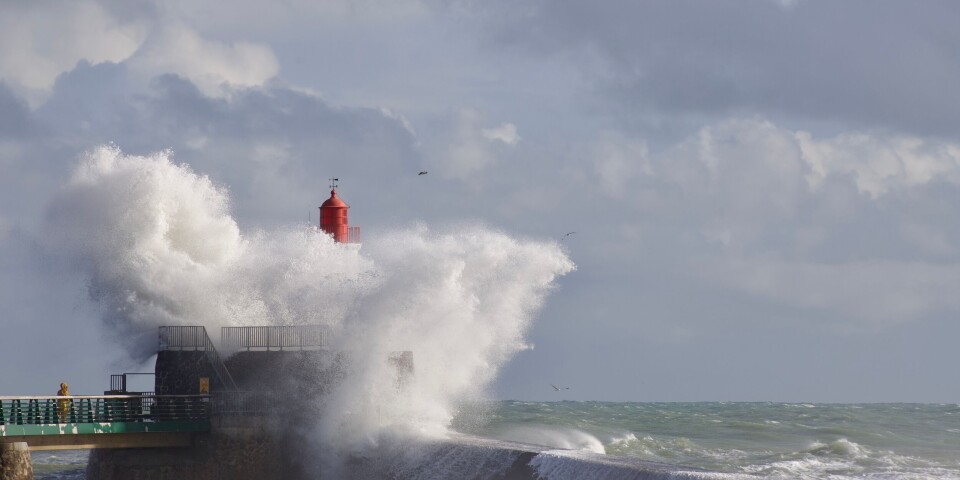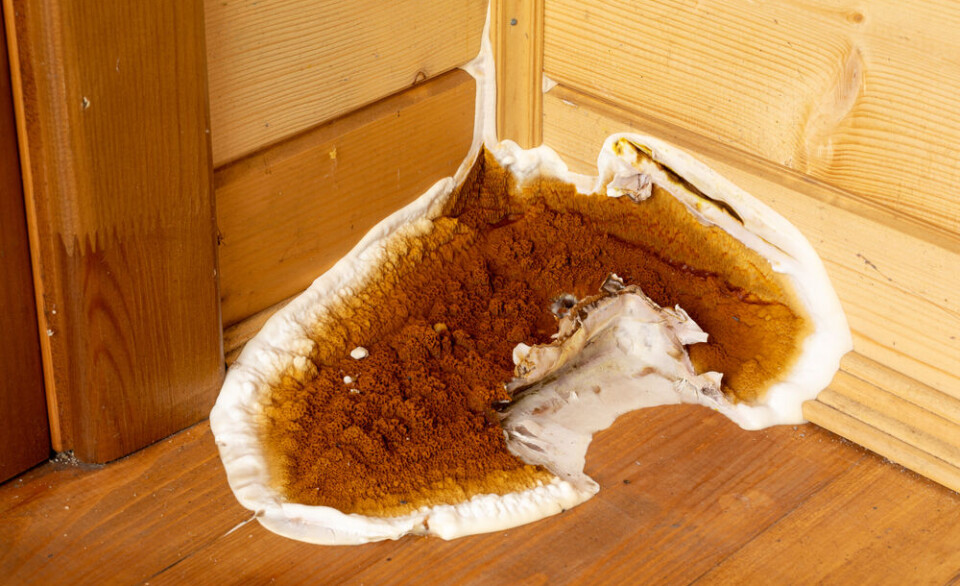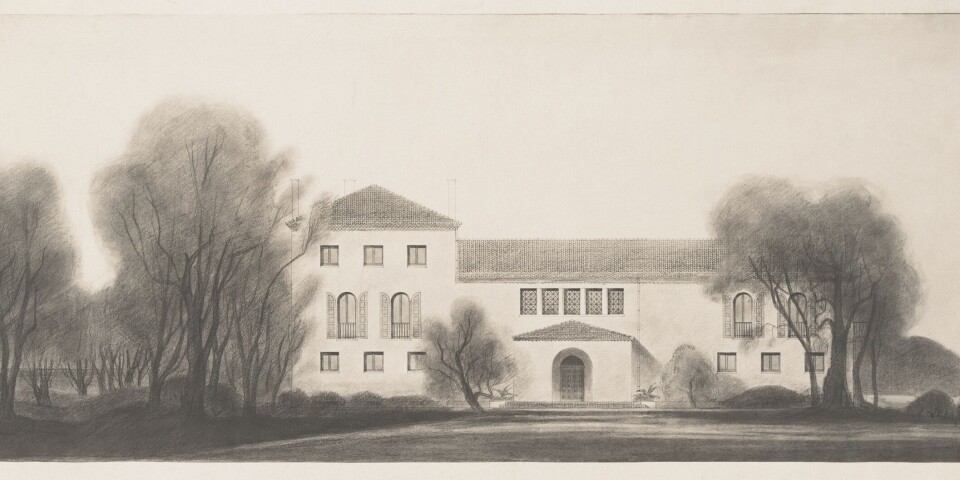-
2025 small business VAT reform definitively cancelled after Senate vote
New 2026 proposals remain on table but likely to be struck out as MP debates get underway
-
Small drop in percentage of French visa applications being declined
Roughly one in every six visa requests refused in 2024
-
French weekend weather forecast October 25 - 26: temperature drop and rain
It will be chilly although south should see conditions improve on Sunday
Why you may be hearing cicadas in France more this week
The noisy insects are found all over France but are particularly present in the south of the country

Cicadas, known in French as cigales, are large insects that make a distinctive noise that gets increasingly louder the hotter it gets.
France is bracing for a heatwave this week that could see temperatures climb to 40C or more in parts, and at least 30C everywhere else, meaning you might well hear the cicadas famously noisy serenade - the noise is made by males looking to attract females.
Read more: How hot will France’s heatwave be and how long will it last?
The insects automatically make their so-called ‘cymbal’ noise whenever the temperature reaches at least 22C and the volume can reach up to 90 decibels (as loud as a lawn mower or even a chainsaw).
“The hotter it gets, the more the season attracts the insects," Jean Mateo, director of the Vespiland Amateur Association of Insects, previously told local newspaper Le Var Matin.
"They then reproduce, and sing even louder. It all depends on the heat.”
The insects are found all over France but are particularly present in the south and in the south-eastern region of Provence.
Cicadas are not responsive to human attempts to move them on, as they do not respond effectively to outside noises or stimulus, but their noises should stop at about 22:00, when the temperature of the day goes down.
The animals are similar to crickets and grasshoppers, but they are said to ‘cymbal’ their muscles to make their unmistakable noise, rather than ‘chirrup’ using their back legs as the other animals do.
They also have different markings on their bodies, and cicadas have long wings, while crickets and grasshoppers do not.
Related stories
Être fourmi plutôt que cigale: A French expression you may hear today
Traps placed to stop damaging Japanese scarab beetle coming to France
Mosquitoes make their return in France: Tips on keeping them away
























